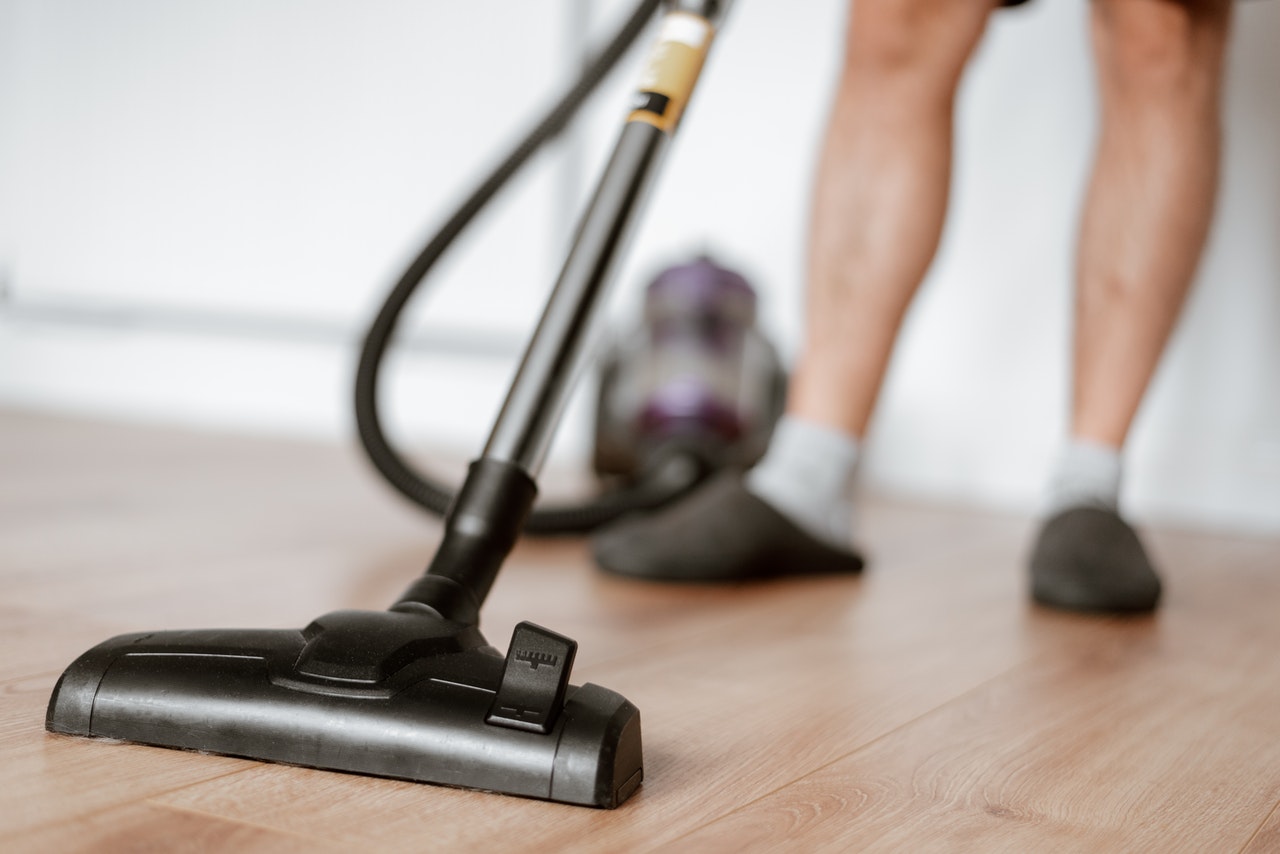Springtime is usually the season when you would do a very deep clean around your home. It gives everyone the perfect opportunity to restart, especially after all the unfortunate events that occurred over the past year. However, a recent survey has shown that there might actually be less spring cleaning happening this year.
Just like almost every other activity and operation, the sudden outbreak of the global pandemic has also caused drastic changes to the cleaning habits of Americans. This is not necessarily a bad thing. According to the American Cleaning Institute’s (ACI) National Cleaning Survey, only 69% of Americans have plans of doing spring cleaning this year.
On the flip side, at least 55% of respondents have been observed to clean and organize more than usual due to COVID-19, while 27% say their routines haven’t necessarily changed. Moreover, 37% of Americans also expressed that they gained more cleaning knowledge over the past year.
Squeaky Clean
The global pandemic has, without a doubt, changed everyone’s perceptions around home cleanliness. Primarily because of the health implications attached to it. Cleaning your home regularly is proven to reduce the spread of harmful germs and viruses. Coming from the context of Covid-19, this is extremely relevant for every household.
Hence, it should come as no surprise that the demand for professional residential cleaners has also skyrocketed over the past few months. More particularly, janitorial service franchise opportunities have significantly increased in hopes of assisting more homeowners in cleaning their properties.
Call on the Experts
Hiring a cleaning service can be totally worth it for your home and your health. Not only will it take a huge chore off of your list, but it also ensures that your entire home from appliances to surfaces will be cleaned with professional-grade tools and products.
On average, cleaning professionals usually charge somewhere between $50 to $100 an hour, which is a good investment. Your home will surely be better maintained and you’ll also have more time to spare for relaxation or other necessary tasks.
Bacteria Busting
While calling in the professionals is all well and good, it’s important to note that there is a stark difference between simply cleaning and thoroughly disinfecting your home. Cleaning essentially means that you’re removing or displacing germs and bacteria, leaving them to grow elsewhere. Disinfecting, on the other hand, effectively kills these potentially harmful organisms guaranteeing your health and safety.
In effect, cleaning is just the first step against making your home healthier for you and your family. Disinfecting can easily be accomplished through the use of disinfectants. However, some of these cleaners can also provide a false sense of security. When choosing a disinfecting cleaner for your home, here’s what you should consider.
EPA-approved
First and foremost, it’s always important to check a product’s label for its Environmental Protection Agency (EPA) registration number. This will easily help you distinguish if it meets the requirements for killing harmful microorganisms.
Moreover, certain registration numbers can sometimes be found on the EPA’s List N. This means that the disinfecting product is qualified for use against the coronavirus. Be on the lookout for these particular products to maintain a healthy home.
Essential Components

Aside from the EPA registration number, it’s also important for you to check the ingredients of a particular disinfectant. Some of the most important active ingredients necessary in disinfectant cleaners are hydrogen peroxide, sodium hypochlorite, citric acid, ethanol, pine oil, and quats.
To guarantee a product’s efficacy, make sure to visit the manufacturer’s website. Other cleaners will also have a SmartLabel QR code, which you can scan. This will provide you with in-depth information regarding the product that the manufacturer couldn’t necessarily fit on the label.
Household Backups
Sometimes, other people would choose to substitute traditional disinfectants with more common household items that are readily available. While some of these can be effective against harmful germs and viruses, it’s still best to go for more proven products.
Alcohol, for instance, is a typical substitute that most homeowners use. Alcohol solutions should contain at least 70% alcohol to be effective on certain surfaces against microorganisms, especially the coronavirus. It’s also important to go for isopropyl alcohol rather than ethanol, which is used in alcoholic beverages. Be sure to pre-clean a surface before applying alcohol, and then let it air dry before wiping.
Hydrogen peroxide is another usual alternative that people would go for. Products found in drugstores with 3% hydrogen peroxide concentration can be a viable swap for disinfectants. Similar to alcohol, pre-clean the surface before applying, and air dry for at least a minute before wiping. All-purpose cleaners, on the other hand, are not necessarily designed for disinfecting. Do not use them as substitutes.
Healthier Homes
After spending more than a year indoors, people’s relationships with their homes definitely changed. More specifically, there has been a massive shift in their perspectives around cleanliness and health. Remember that cleaning is just the first step towards ensuring your health. Don’t forget to disinfect your home with the proper products.